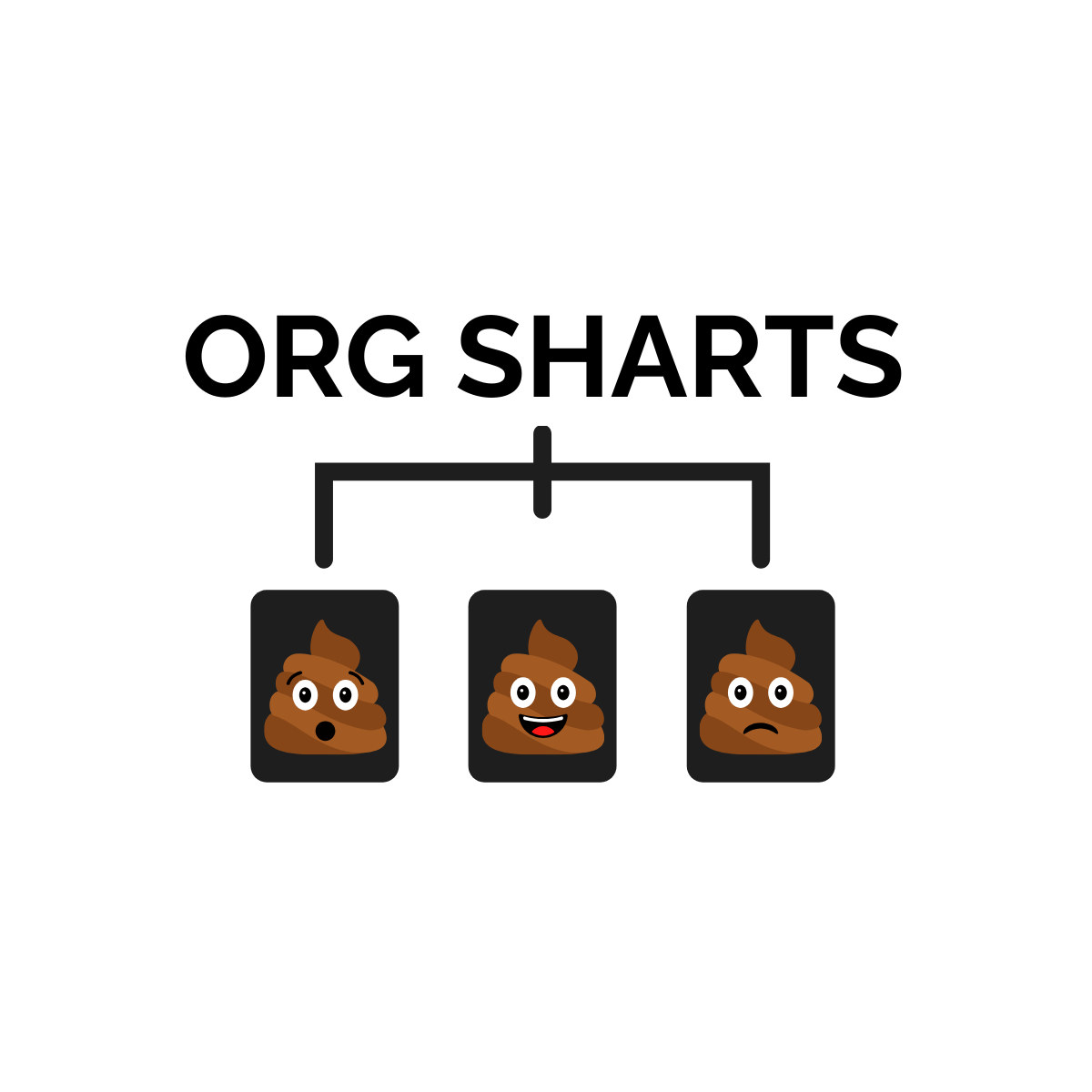Years ago, I worked in non-profit for awhile. Originally hired as a social media manager, I did what I always do; told them everything was broken and got a promotion. As VP of Communications my job was essentially everything customer-facing. I was the podcast producer. I was the video director. I tweeted. All the things.
One day, about a month in to my new role, one of the members of their senior leadership team asked how I was doing. In particular she said, “How are you making out? Don’t feel like everything is on fire anymore?”
“No. Everything is still on fire. But everything is burning low so I can at least take breaks. The fire will still be there when I get back.”
How right I was! And this is the way that work is often fundamentally situated when it comes to organizational design. It looks like this;
There is too much work in relation to the resources you have.
There is always more work to be added so completing work does not free you up from having work to do (in fact often quite the opposite)
This will never get better organically.
For most organizations, the work is Sisyphean (ps I only recently realized that I’d never actually properly understand the story of Sisyphus). This means that just when you think you may have accomplished it ALL, the rock rolls down the hill and you start all over again. The work will always be there.
So you just need more staff right? Wrong. It is a rarity that hiring more staff is the answer to your woes (right now anyways). There is a time to hire, but it’s not when everything is on fire. I was hired when everything was on fire and it took years to even have a patch of grass over there in the corner that wasn’t smouldering.
What if, by some lucky chance, you DID hire an extra… 100% of staff? What if you shifted everyone’s priorities to put out all of the fires and you actually got it all done? When you finally lifted your head from the tasks in front of you, you would find a new line up of challenges at least as great as the last and you would have to figure out how to hire and prioritize to get THOSE things done, at the expense of all of the OTHER things you can’t see right now.
It seems cliched but you need to work smarter, not harder. You can’t punch the work into submission. Future work is not scared of you because of the way you just kicked this works ass. You have to do something different. You have to organize the work.
And here we have an important couple of notes;
You will have to NOT do some of the work, right this moment, while you’re organizing.
It will get worse before it gets better. I promise.
If you’re going to organize the work including taking a deep look at the way your teams are accountable, how you meet, how you scope, and how you execute, there will be a time when you will have to avoid doing some of the actual work. That’s going to hurt. You’re going to feel like you’re failing. You’re not.
When you start working out, even with small weight, your muscles hurt. Because you haven’t used them this way before. But as you use them, they get stronger, you get stronger, and you can lift a lot more. You do not get stronger without the work. And it will hurt. Tasks will pile up and it will make you feel icky. But this is an important time to pay attention.
When you are in the process of working ON the business rather than IN, you’re going to notice that some things have to get done…and some things don’t. There will be things you’ve “always done” that you may come to realize don’t serve your current situation. This is a great time to pay attention to these tasks and understand that you can do several things with them. First, you can move them to someone else’s plate. Maybe something that absolutely needed YOUR personal attention… doesn’t. Maybe there’s a junior team member who could do a pretty close (or maybe even BETTER) job to the one that you do. That would be cool, right? But the second piece is even better.
You will find in this process that there are things that are not serving you. And no one should do them. Because they don’t matter. And you’ve been doing them forever. And that will sting. But it will help you move forward.
If your team doesn’t have a clearly defined vision, supremely accountable teams, and a high performance meeting structure, no amount of elbow grease is going to fix that for you. It’s time to get to work.
